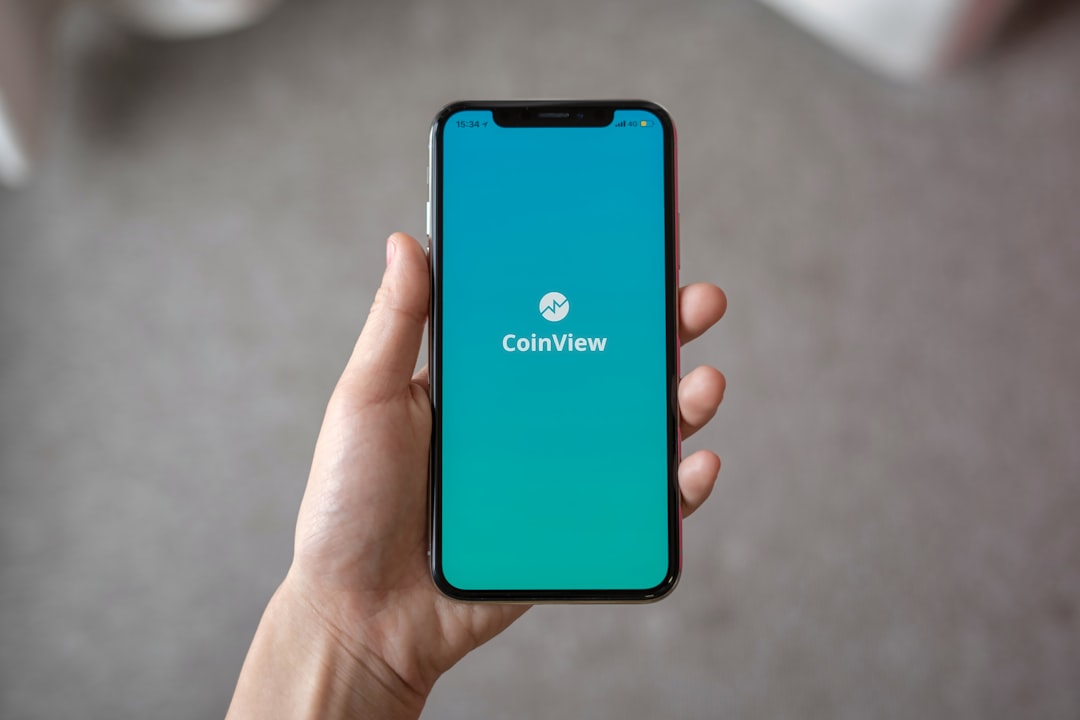Oregon's strict Do Not Call Laws regulate telemarketing to protect residents from unwanted calls, applying to charitable organizations as well. These laws dictate call frequency, consent requirements, and disclosure protocols for nonprofits engaging in fundraising. Nonprofits must follow these guidelines or face fines, reputational damage, and consumer complaints. Consulting with a specialized Do Not Call Lawyer in Oregon ensures compliance, protects the charity's reputation, and facilitates successful outreach efforts.
In Oregon, charities often rely on telemarketing as a vital fundraising tool. However, their exemptions under these rules are limited, leaving many organizations unaware of the legal boundaries they must navigate. This article guides charitable entities through Oregon’s telemarketing regulations, highlighting specific limits and offering insights into when consulting with a Do Not Call Lawyer in Oregon can be beneficial to ensure compliance and mitigate potential legal issues.
Understanding Telemarketing Rules and Exemptions in Oregon

In Oregon, telemarketing is regulated to protect residents from unwanted calls, with specific rules and exemptions in place. The state’s Do Not Call Laws are designed to give Oregonians control over how often they receive marketing calls at home, work, or on their mobile devices. These laws also extend to charitable organizations, which must adhere to strict guidelines when reaching out to potential donors via telemarketing.
Charities may be exempt from certain aspects of the Do Not Call Laws under specific conditions. For instance, nonprofit organizations that are not selling products or services and are solely focused on fundraising can make calls to individuals who have registered on the state’s Do Not Call list. However, they must follow strict protocols, including providing a clear identification of the charity, stating the purpose of the call, and ensuring donors have a way to opt out of future contact. Oregon residents seeking clarity or assistance with telemarketing issues can consult with Do Not Call Lawyers Oregon for guidance on navigating these regulations.
Limits on Charitable Organizations: What They Need to Know

Charitable organizations, while serving noble causes, face specific challenges when it comes to telemarketing. In Oregon, for instance, Do Not Call Laws strictly regulate how such entities can contact potential donors. These laws limit the number of calls and the frequency, ensuring individuals are not harassed by unwanted solicitations. Charities must also obtain explicit consent before calling, which requires a clear and informed opt-in from donors.
Compliance with these regulations is crucial for maintaining public trust. Organizations that violate telemarketing rules risk legal consequences, including fines and damage to their reputation. Therefore, it’s essential for charitable groups to understand and adhere to the guidelines set by Oregon’s Do Not Call Laws, ensuring their outreach efforts are ethical and effective.
Navigating Legalities: When to Consult a Do Not Call Lawyer in Oregon

Navigating Legalities: When to Consult a Do Not Call Lawyer in Oregon
In Oregon, charities are subject to the same telemarketing regulations as other organizations. While they may have limited exemptions, understanding and adhering to these rules is crucial to avoid legal complications. If your charity finds itself facing challenges or questions regarding its telemarketing activities, consulting with a specialized Do Not Call Lawyer in Oregon can be immensely beneficial. These legal experts are well-versed in the state’s unique regulations and can provide guidance tailored to your specific needs.
A Do Not Call Lawyer in Oregon can assist in crafting compliant telemarketing practices, ensuring your charity avoids unintended breaches of law. They can also offer advice on handling consumer complaints, managing consent records, and navigating opt-out requests efficiently. By enlisting the help of such a lawyer, your charity can protect its reputation, maintain compliance, and continue its vital work without legal hurdles.






